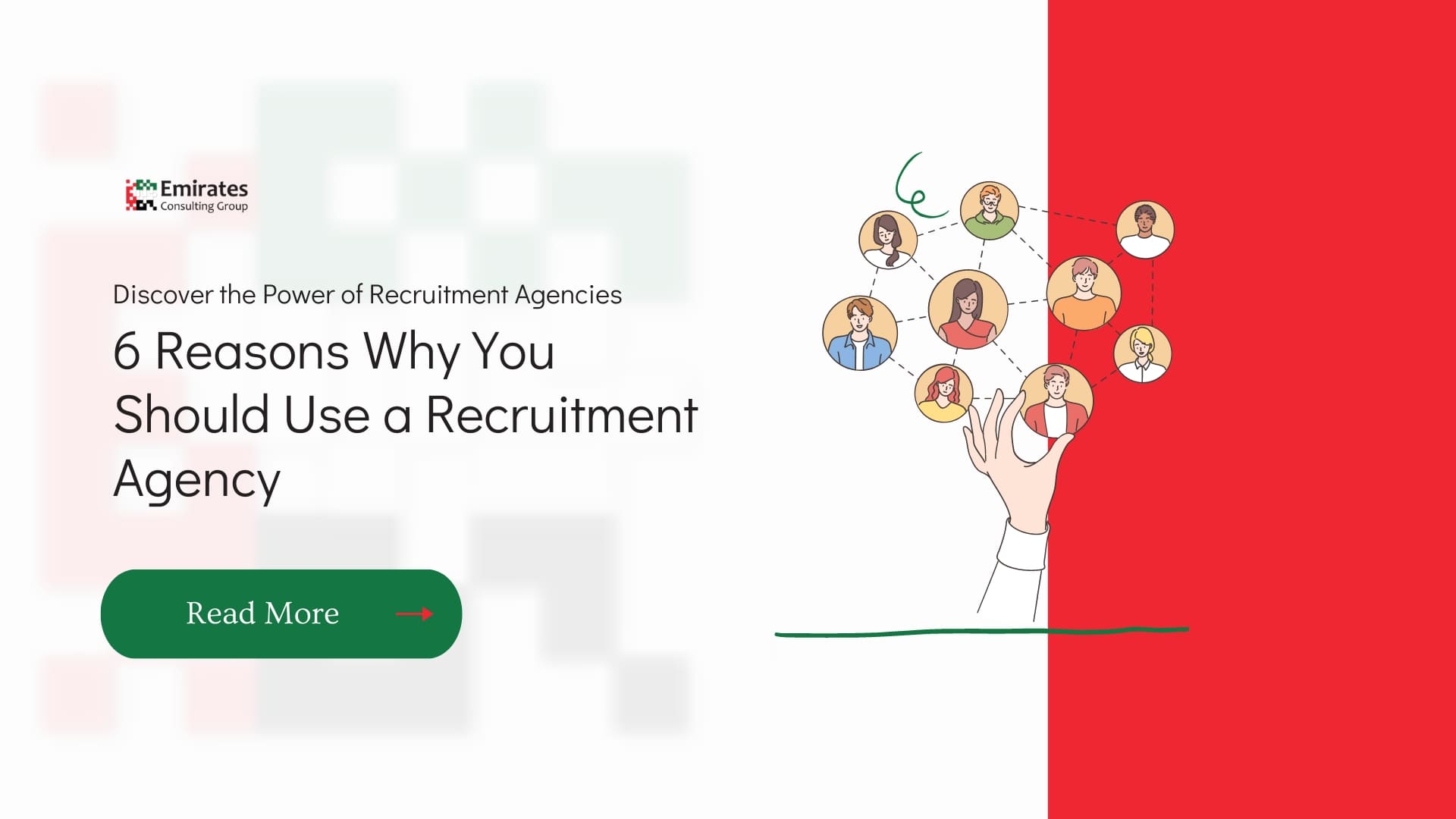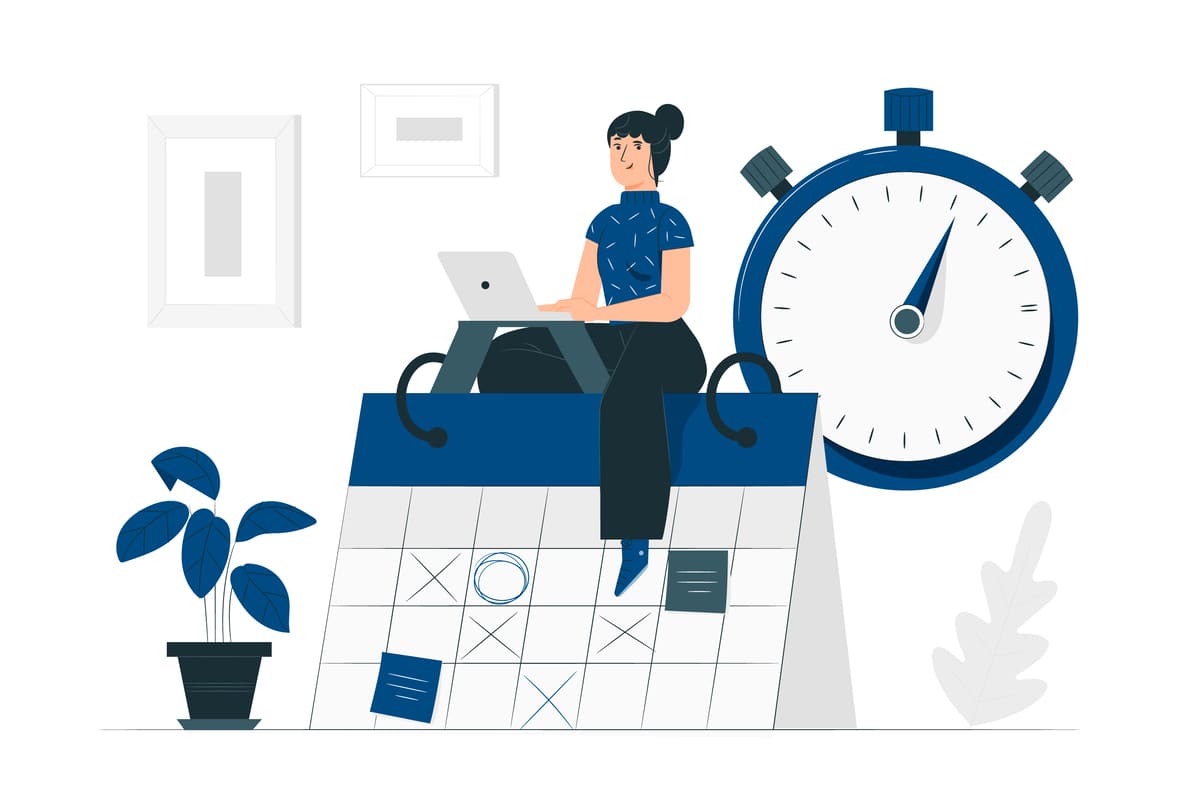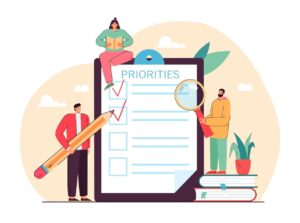In the current competitive business environment, it’s essential for companies to hire the best talent that fits the company culture to achieve success and growth.
However, finding and selecting the right candidates can be a challenging task, that requires significant time and resources. This is where professional recruitment services can be beneficial.
The top benefits of hiring recruitment services for
your company`s success
Access to Extensive Talent Networks:
Recruitment agencies have access to an extensive network of job seekers and professionals across various industries, As they have a wide pool of qualified candidates, you can benefit directly from it and get the best match for your company’s requirements.
Expertise and Specialization:
Recruitment agencies specialize in identifying and assessing top talent in specific industries or job roles. They understand the industry specific skills, and market trends. They evaluate candidates based on your company’s requirements.
Time and Cost Efficiency:
By engaging recruitment services, you save valuable time and resources as recruitment process can be time-consuming, particularly when you have to review multiple resumes, conduct interviews and perform background checks.
Recruitment agencies will minimize the risk of bad hires, which will result and saving time and cost, by delivering well-qualified candidates that are more likely.
Enhanced Candidate Screening and Selection:
Recruitment agencies possess the necessary tools and methodologies to identify candidates who possess the right cultural fit, values, and potential for long-term success within your organization.
Confidentiality and Discretion:
Recruitment agencies provide an added layer of confidentiality, ensuring that your company’s proprietary information and the candidate’s privacy are protected throughout the hiring process, especially if it is a sensitive or executive-level positions.
Flexibility and Scalability:
By partnering with a recruitment agency, you gain the flexibility to scale your hiring efforts up or down as needed depending on your recruitment needs
While there are benefits to hiring through a recruitment agency, it’s important for companies to choose a reputable and reliable agency that aligns with their needs and values. Effective communication, clear expectations, and a collaborative partnership with the recruitment agency are key to ensuring successful hiring
Learn more about Emirates Consulting Group recruitment services













